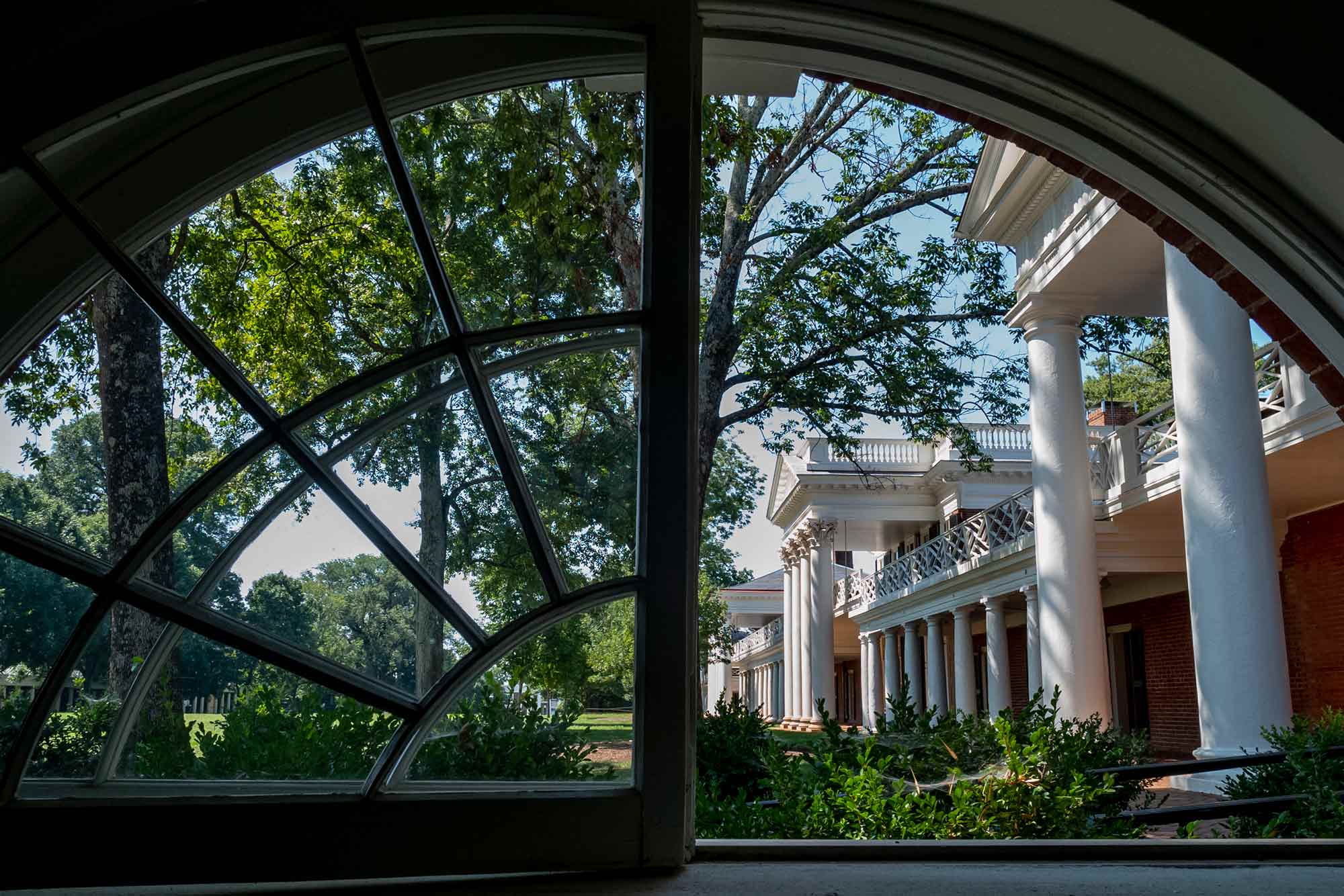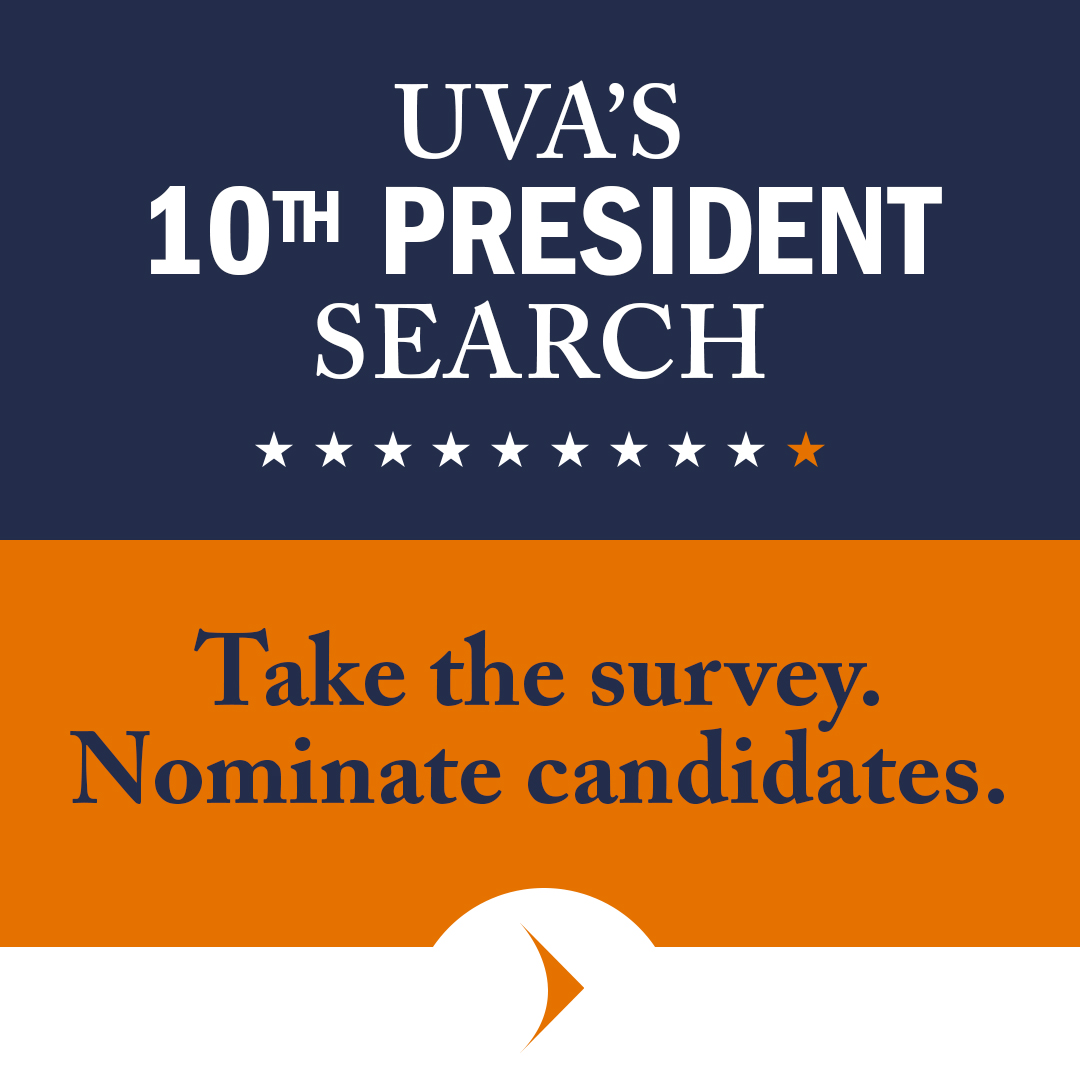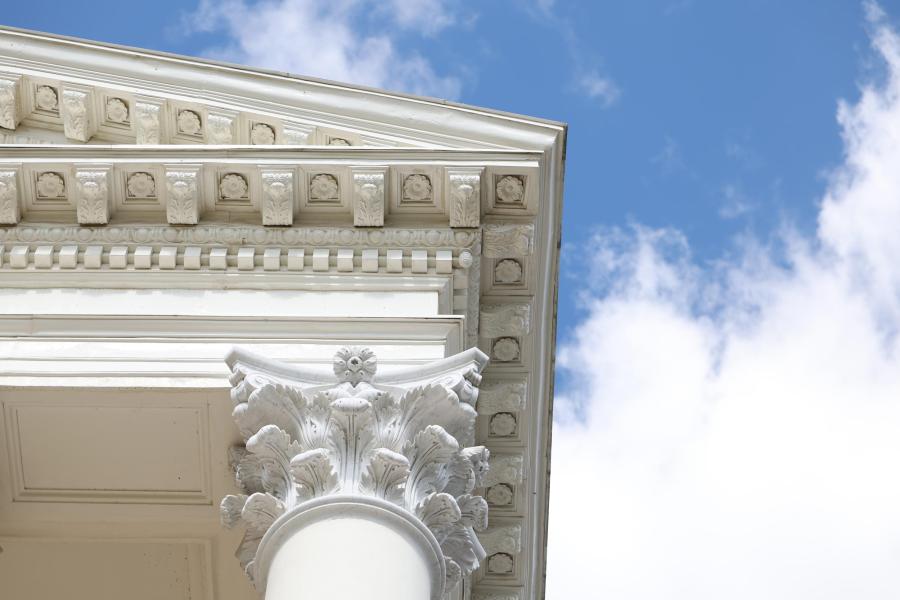The University of Virginia Board of Visitors on Friday approved an operating budget for the 2023-24 fiscal year that invests in student affordability and access, faculty and staff excellence, and strategic priorities.
The $5.4 billion budget includes UVA’s Academic Division, the UVA Medical Center and the College at Wise. The 2023-24 budget is an increase of 11% from the current fiscal year.
The new fiscal year begins on July 1.
“The University’s operating budget reflects our efforts to responsibly manage resources to support the institution’s missions of educating citizen leaders, providing world-class patient care, and conducting research that benefits society,” Executive Vice President and Chief Operating Officer J.J. Wagner Davis said. “It reflects priorities that have long distinguished UVA, and will continue to ensure its high quality, excellent value, and service as a public institution in the years ahead.”
Major revenue sources include patient care; tuition and fees; externally sponsored research; and revenue generated from sales and services by auxiliary units such as athletics, dining and housing. The amount of funding from state appropriations remains uncertain as the General Assembly and Gov. Glenn Youngkin have not yet reached a final agreement for the state’s upcoming fiscal year.
The University continues to benefit from the stability provided by generous philanthropic support and strong returns over the long term from its endowment. A portion of earnings from the endowment’s long-term pool supports operations and strategic priorities, but the vast majority of endowment funding is restricted to specific purposes spelled out in gift agreements such as endowed scholarships, professorships and other designated uses.
The new budget’s largest expense category remains pay and benefits for UVA’s more than 30,000 employees, which is projected to total $3 billion in the next fiscal year. Other major categories receiving funding include student financial aid and strategic investments.
“In an uncertain, challenging economic environment, I am pleased with a responsible budget that invests in the University of Virginia’s future while balancing access, affordability and excellence,” said Board of Visitors Finance Committee Chair Robert M. Blue.
UVA’s Academic Division operating budget for the coming fiscal year totals $2.3 billion. The figure reflects the effects of inflation on the cost of goods and services, salary increases, additional funds for need-based financial aid, and strategic investments in the research enterprise and elsewhere.
One of only two public universities to meet 100% of demonstrated financial need for all undergraduate students, UVA has budgeted $245 million in the new fiscal year for undergraduate and graduate aid, an increase of $13 million from the current year. UVA provides grants, which do not have to be paid back, to cover free undergraduate tuition and fees for students from Virginia families with incomes of less than $80,000; and covers undergraduate tuition, fees, room and board for Virginians from families with incomes of less than $30,000.
More than a third of UVA undergraduates qualify for some amount of need-based aid.
Its commitment to affordability and access, combined with a track record of positioning students for successful careers, has helped UVA – now in the fourth year of its 10-year “Great and Good” strategic plan – consistently earn recognition for its value and return on investment. This year, for example, Princeton Review rated UVA as the No. 2 best value public university in the country, and No. 1 for financial aid.
The new Academic Division budget also invests in faculty and staff excellence, with a 5% base merit salary increase for the third consecutive year. The Board of Visitors in 2013 set a target to increase UVA’s position to the top 20 in a faculty salary ranking of competing and peer institutions. The University was ranked 27 in the most recent list.
UVA’s AAA rating from all three major bond-rating agencies reflects its responsible financial management over the years and helps ensure that it receives the best possible interest rates on financing for construction projects and other initiatives that require debt service, according to Davis. The rating is also an indication of the stability provided to UVA by having consistent demand among prospective students, strong philanthropic support, growing demand for its medical services, and increasing grants and contracts for research, she said.
Such financial stability remains critical as inflation, employment and supply chain pressures continue to affect costs, and concerns persist about the possibility of an economic recession.
The UVA Medical Center budget, which totals $3 billion, shows continued growth in patient services across hospitals, clinics and services operated by UVA Health. While those trends are positive, officials said, they do not cover the higher costs of doing business in the health industry due to ongoing high inflation and rising labor costs. Both the Medical Center and Academic Division currently pay below-market wages compared to competitors and face intense competition for employees.
The Medical Center continues to confront rising costs of inflation that have increased medical and other supply costs by 3.5%, utilities by 4%, and certain pharmaceuticals by 9%.
Despite the headwinds, UVA Health continues to deliver world-class medical care and conduct research that leads to new treatments and discoveries, and creates knowledge that could unlock answers to health challenges related to cancer, neuroscience and other major areas.
UVA Medical Center was named the No. 1 hospital in Virginia in the 2023 edition of Newsweek’s “World’s Best Hospitals,” and was ranked the No. 2 hospital in Virginia in 2022-23 by U.S. News & World Report.
The College at Wise budget for the next fiscal year totals $71.7 million, up slightly from the $71.3 million current-year budget. Projected at $35.2 million, state funding makes up the largest portion of the college’s revenues. It plans to allocate $17 million for student financial aid in the coming fiscal year.
In April, the College at Wise reported a record number of applications for admission. Nearly 3,300 students – including 1,920 Virginians – applied to attend the school, located in a picturesque Appalachian setting in Southwest Virginia.
Media Contact
Article Information
October 14, 2025






